While the bloodiest genocide and massacre in the Gaza Strip since World War II continues, normalization processes between Middle Eastern countries continue. The normalization process between Ankara and Cairo, which started with President Erdogan’s visit to Egypt on February 14, is one of the most concrete results of these developments. Following President Erdogan’s visit, Egyptian President Abdel Fattah al-Sisi’s visit to Ankara on September 4 accelerated the normalization process. Iran is undoubtedly one of the countries closely following the normalization between Türkiye and Egypt.
17 different memorandums of understanding were signed during the Sisi-Erdogan meeting and the aim of increasing the trade volume between the two countries to 15 billion dollars was adopted. Undoubtedly, the development of trade relations is of interest to Ankara and Cairo, but it is not one of the issues that Tehran follows closely. However, there are three issues that Iranian decision-makers are uncomfortable with. This may lead to negative developments in Türkiye-Iran and Iran-Egypt relations in the coming period.
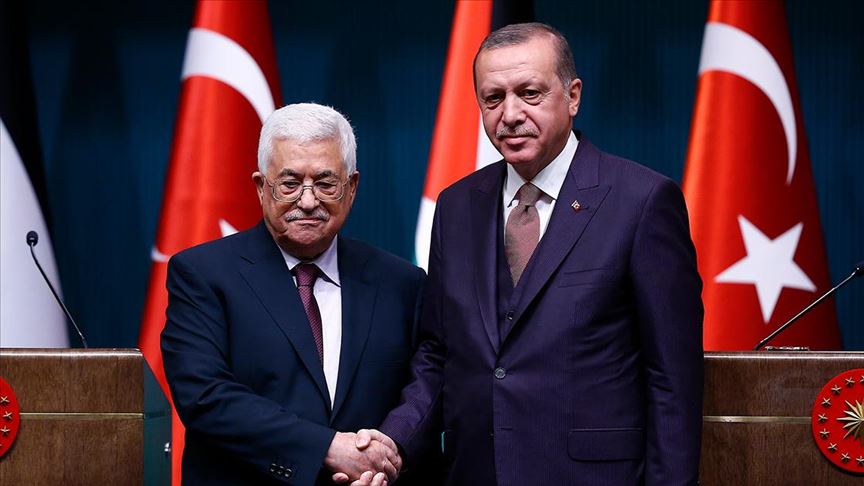
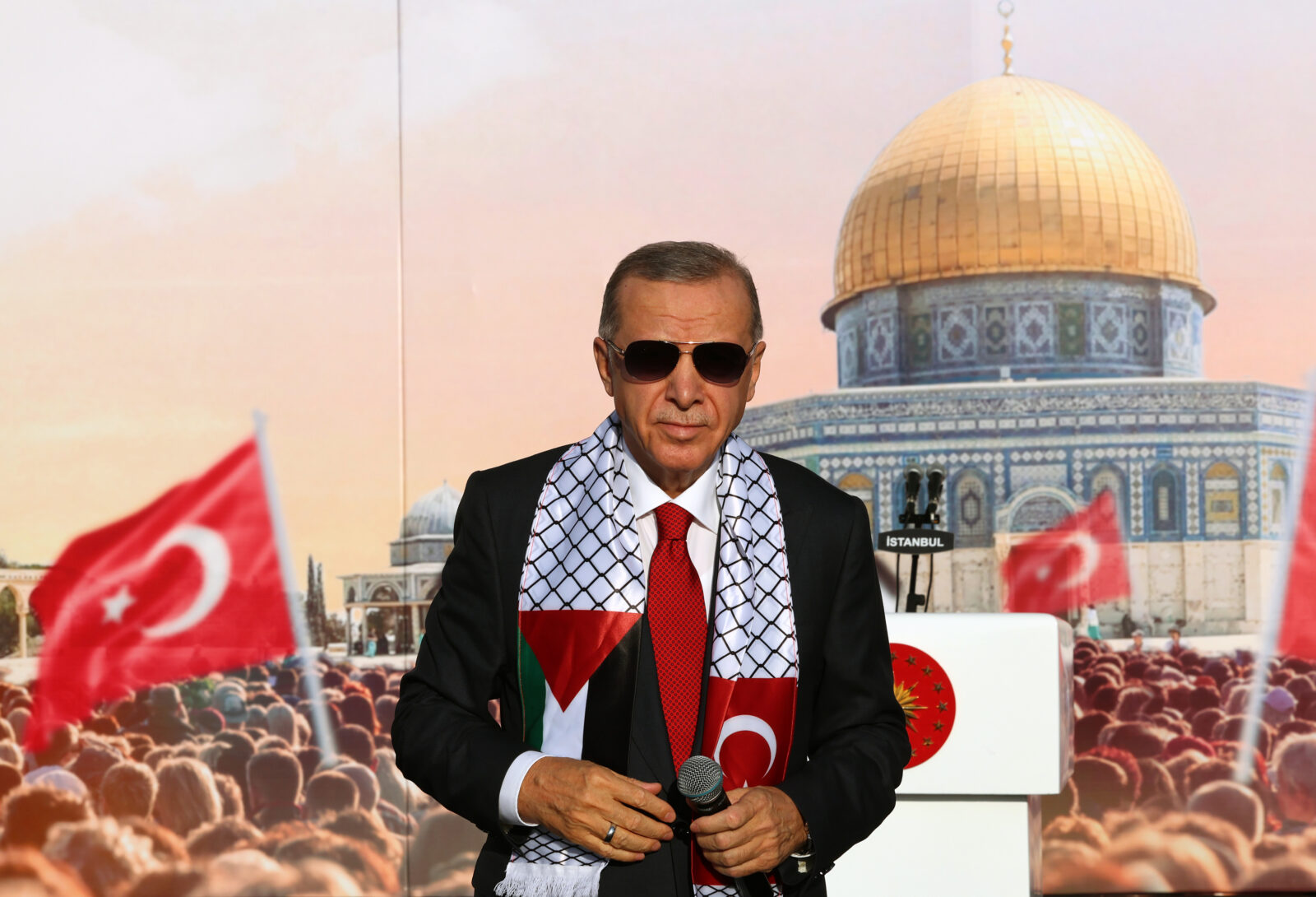
Iran’s Palestinian unease
Iran’s first concern in the context of Turkish-Egyptian normalization is the possibility of weakening its hand in the Palestinian issue. After the death of Ismail Haniyeh, Tehran is pleased that Yahya Sinwar, who is known to be close to Iran, has become the leader of Hamas. Iran’s basic strategy is based on waging war with Israel through proxy actors. However, it is essential for Tehran that this war does not turn into a war of principal.
At this point, it can be said that Iran is using the Yemen-based Houthi Ansarullah Movement and Lebanon-based Hezbollah, while trying to recruit the Gaza resistance. Unlike Iran, Egypt, on the other hand, faces the risk of facing a sociological and economic migration burden that it cannot bear due to the massacres in Gaza.
Therefore, unlike Iran, which wants the war/insurgency in Gaza to continue, Egypt advocates for a ceasefire. In this context, Cairo is working closely with Doha to advocate for negotiations and diplomacy.
Türkiye is one of the leading international champions of the Palestinian issue. Ankara has been conducting effective diplomacy to mobilize the world for a ceasefire in Gaza and an end to the genocide as soon as possible. To this end, Ankara argues putting pressure on Israel. Türkiye and Egypt therefore share similar views on the Palestinian issue.
This contradicts Iran’s assert to monopolize the Palestinian issue, Gaza resistance and thus become the “protector of the Islamic world”.
Moreover, Iran, which wants the conflict to continue despite the massacres, is getting closer to Türkiye and Egypt, which want diplomacy to yield results. It is possible to say that this situation is causing uneasiness in Iran. However, the officials in Tehran can’t voice this uneasiness out loud.
Will Egypt mediate Türkiye-Syria normalization despite the Iran-Russia duo?
The second issue that has come to the agenda with the normalization process between Ankara and Cairo, disturbing Iran, is the claim that Egypt could be a mediator in the normalization process of Syria’s return to the Arab League with Ankara.
On September 4, Sisi gave messages in this direction from Ankara. Therefore, Egypt is reportedly willing to mediate, and President Erdogan may meet with Syrian regime leader Bashar al-Assad in Cairo.
Iran is one of the actors that confronted Türkiye in the Syrian Civil War. The Syrian regime has survived thanks to the support of the Russian military and the activities of Iranian-backed Shiite militias. In contrast, Türkiye, which advocates the democratization of Syria, has purged moderate opposition groups. However, the Ankara-Tehran-Moscow Astana Process has played an important role in stabilizing Syria. However, the Assad regime, backed by Iran and Russia, intervened in the de-escalation zones defined in the Astana summits, and the process was disrupted.
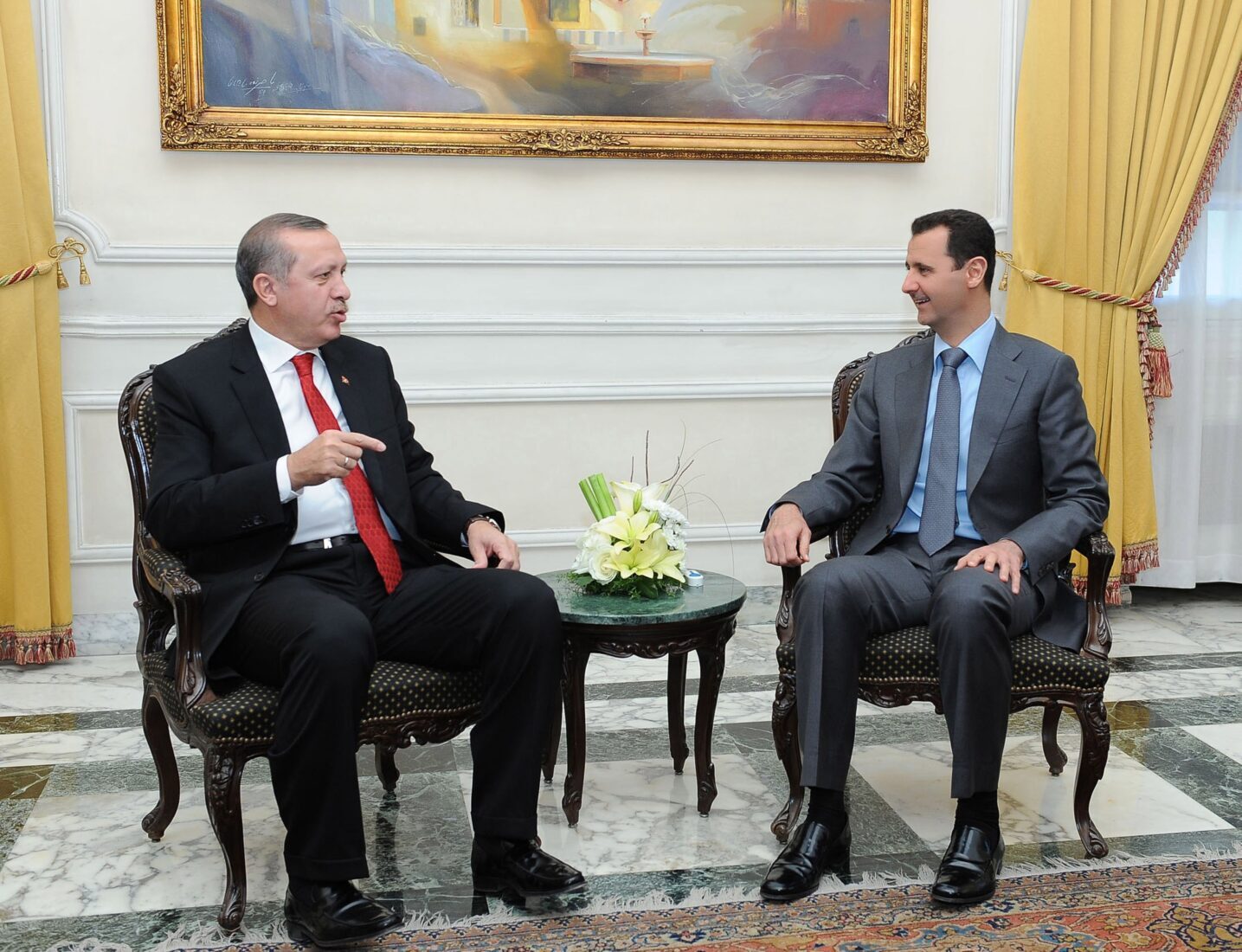
Despite the rupture in the Astana Process, Iran and Russia are in favor of the Ankara-Damascus line witnessing a mediation process controlled by Moscow. Understandably, Turkish-Egyptian normalization may remove Iran’s diplomatic weight in the Syrian crisis.
Moreover, although the Assad regime has developed a special relationship with Iran and Russia during the civil war, in the medium and long term, this relationship means Syria’s unilateral dependence on Iran and Russia.
In other words, normalization with Türkiye and Egypt, which have good relations with the West, and a return to the Arab world could be a way for the Assad regime to balance Russia and Iran. This means that Iran’s influence in Syria is under threat.
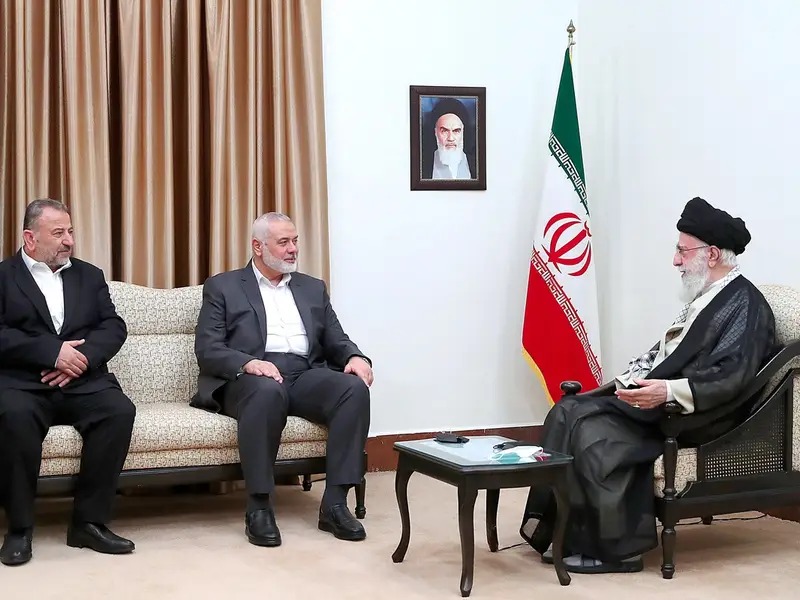
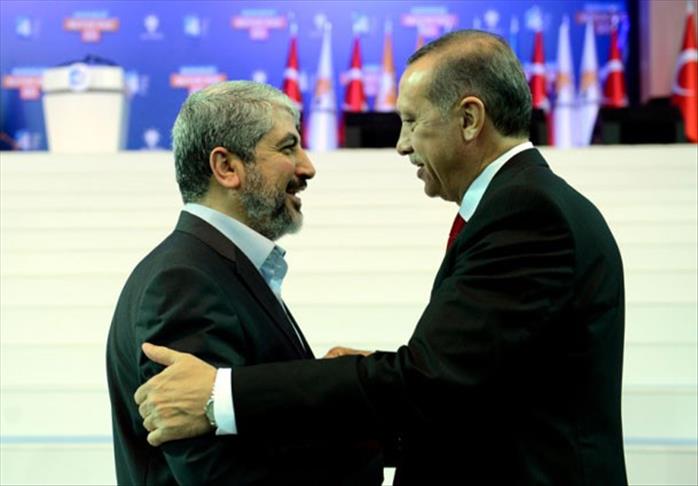
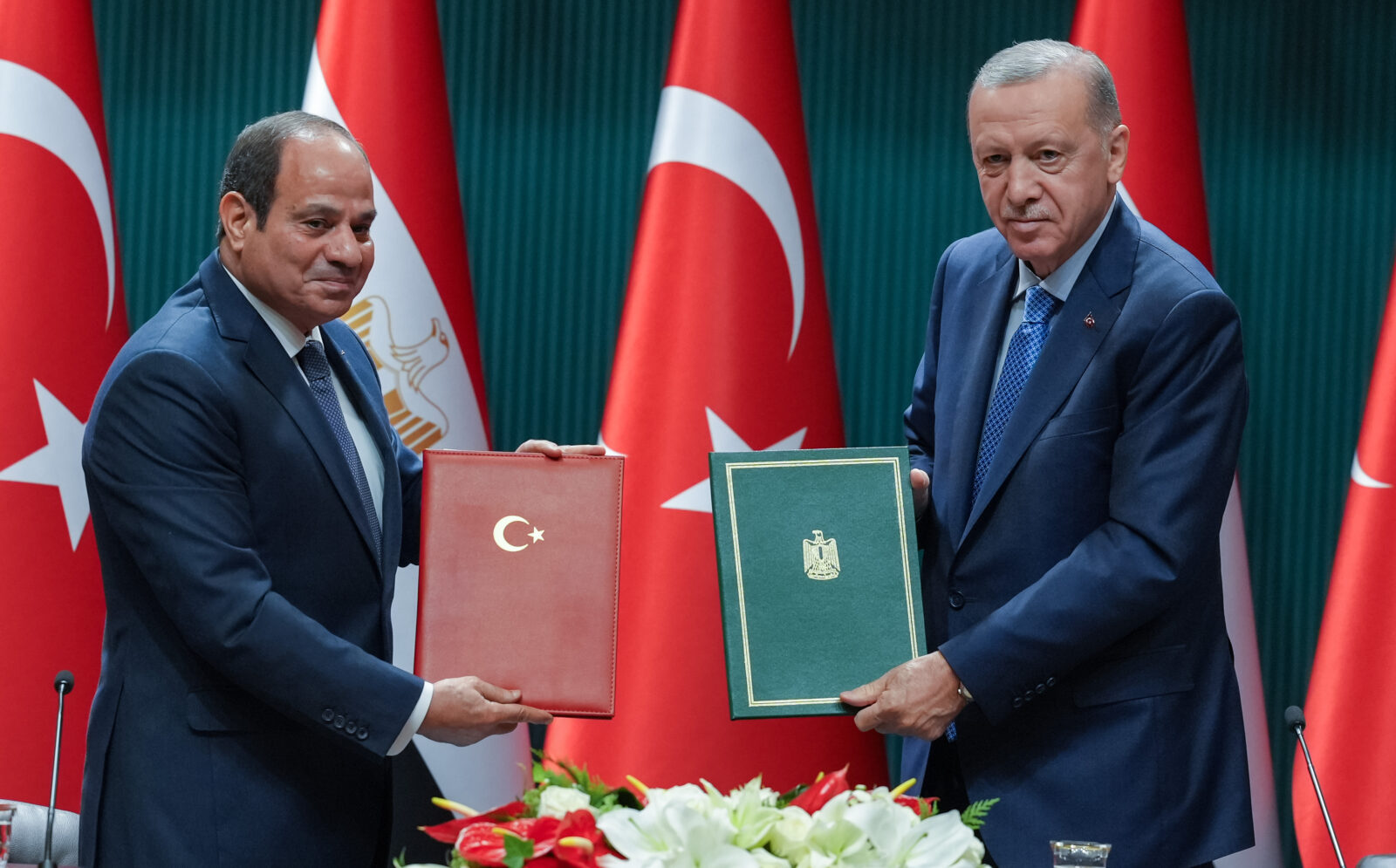
Iran’s fear of isolation
The third issue is Iran’s fear of isolation. It is obvious that the severing of the link between Ankara and Cairo has given Iran more room for maneuver in the Middle East and Islamic world. Thanks to this space, Tehran can implement its sectarian policy of Shiite expansionism much more easily.
Moreover, Tehran can claim “leadership of the Islamic World” by using empty rhetoric such as “defense of the oppressed” and “fight against the Great/Little Satan.” Nevertheless, the rapprochement between Türkiye and Egypt, two of the main countries of the Islamic Civilization, may weaken Iran’s claim.
In conclusion, Türkiye’s improved relations with Egypt in particular, and the Arab world in general may result in Iran’s isolation in the Middle East. Therefore, Tehran is uncomfortable with the normalization process between Ankara and Cairo, even if it does not voice it out loud.
